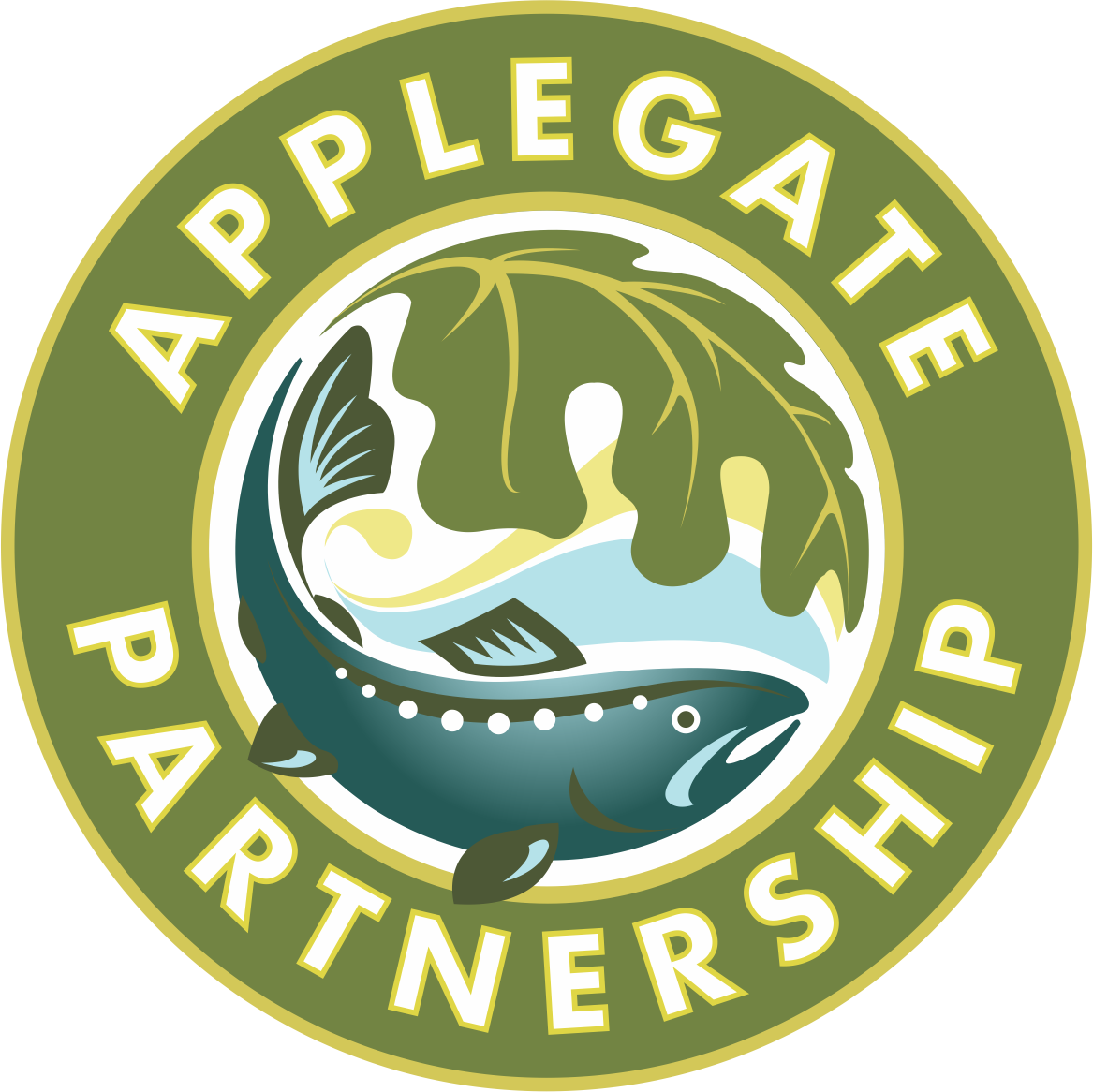Plan for Our Future - Updating the Applegate Fire & Emergency Plan
This article was published in the Winter 2024 Edition of the Applegater.
View the original article here.
By Nathan Gehres
As a very active wildfire season comes to a close we can thank the hard work of our local firefighters, and a bit of luck, that the Applegate Valley escaped mostly unscathed. Now, there is an opportunity for the residents of Applegate to do our part to help protect our community by working together to update the Applegate Fire Plan. The Applegate Fire Plan is our Community Wildfire Protection Plan (CWPP) that was published in 2002 by longtime Applegate residents Jack Shipley, Sandy Shaffer, and Dianna Coogle. It amazes me, and gives me great pride, that the first CWPP in the U.S. didn’t come out of Washington DC or California, but instead from the talented and engaged folks right here in the Applegate. I’m sure many of you have the “Red Three-Ring-Binder” that houses the old plan, stashed somewhere in your bookshelf or closet. That binder is full of good stuff, but the Applegate has changed a lot over the past 22 years and those changes need to be reflected in an update plan that meets the needs of the residents now.
A CWPP is a community driven plan that provides guidance on addressing community needs related to wildfire risk reduction, community preparedness, emergency response, and post fire recovery. . Mitigating the risk of an uncharacteristically severe wildfire is largely accomplished through forest management practices, defensible space work around homes, and education programs. Community preparedness and emergency response can be enhanced by improving/protecting evacuation routes, documenting resources that can assist during a wildfire (everything from an available excavator to pastures that can board evacuated animals), creating/updating phone trees and other neighborhood networks, and far more activities than can be listed here. Finally, the CWPP should have a post fire recovery plan. How do we, as a community, band together to help residents who may lose homes or businesses? These questions need to be asked, and hopefully answered, well before a fire is at our doorstep. The challenges posed by wildfire are many, but I’ve been continuously amazed by the wide range of skills and experience that Applegaters possess. We will need to draw on that deep pool of talent here locally to keep our community safe.
Some practical, concrete, benefits of an up to date CWPP are directly related to fuels reduction work. The prioritization of locations for fuels reduction work (cutting brush, dead trees, and overstocked stands) is one of the main functions of a CWPP. Also, most grants that will fund this work require that the CWPP, for the area, to be no more than ten-years-old, or five in some cases. Therefore, this CWPP update process will guide the next five to ten years of fuels work in the Applegate. I have heard from many landowners that the recent tree mortality has been a concern. If you want to have a say in that process, or just want to know why the work is being planned where it is, this is your opportunity to get involved.
The Applegate Partnership and Watershed Council (APWC) secured funding through a US Department of Agriculture (USDA) Community Wildfire Defense Grant (CWDG) to fund the update of our CWPP. Applegate Valley Fire District (AVFD) and APWC will work collaboratively on this project. AVFD Fire Marshal and Deputy Chief, Brian Mulhollen, brings connections and experience that will be invaluable in helping get this update completed. We will be holding several meetings over the next two years at fire stations and smaller neighborhood locations throughout the valley to give residents as many opportunities as possible to have their voices heard. No one knows the valley better than you, the residents who live here. Please share that knowledge with us to make sure that the plan we develop is as comprehensive and accurate as possible.
If you are interested in hosting a neighborhood chat, please let us know.
For more information visit our website or contact us. https://www.applegatepartnership.org/communitywildfirepreparedness
Nathan Gehres
Habitat Restoration Project Manager
nathan@apwc.info
541-899-9989.
